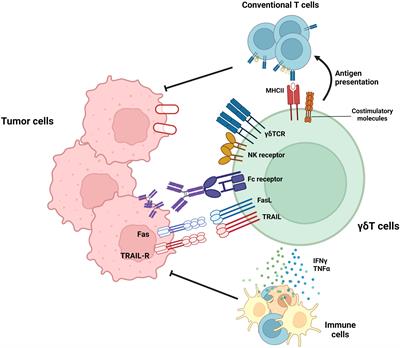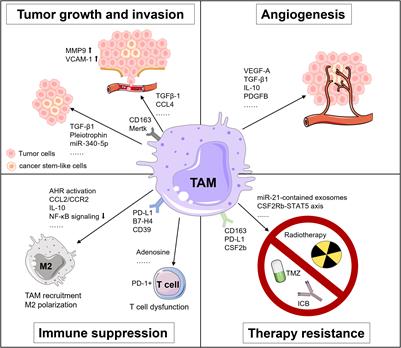EDITORIAL
Published on 23 Apr 2024
Editorial: Improving responses to immunotherapy in glioblastoma multiforme
doi 10.3389/fimmu.2024.1407930
- 868 views
20k
Total downloads
53k
Total views and downloads
Select the journal/section where you want your idea to be submitted:
EDITORIAL
Published on 23 Apr 2024
ORIGINAL RESEARCH
Published on 21 Feb 2024

PERSPECTIVE
Published on 07 Feb 2024

ORIGINAL RESEARCH
Published on 28 Dec 2023

REVIEW
Published on 20 Oct 2023

REVIEW
Published on 04 Sep 2023

ORIGINAL RESEARCH
Published on 04 Jan 2023

ORIGINAL RESEARCH
Published on 02 Mar 2022

ORIGINAL RESEARCH
Published on 27 Sep 2021

REVIEW
Published on 05 Aug 2021


Frontiers in Oncology